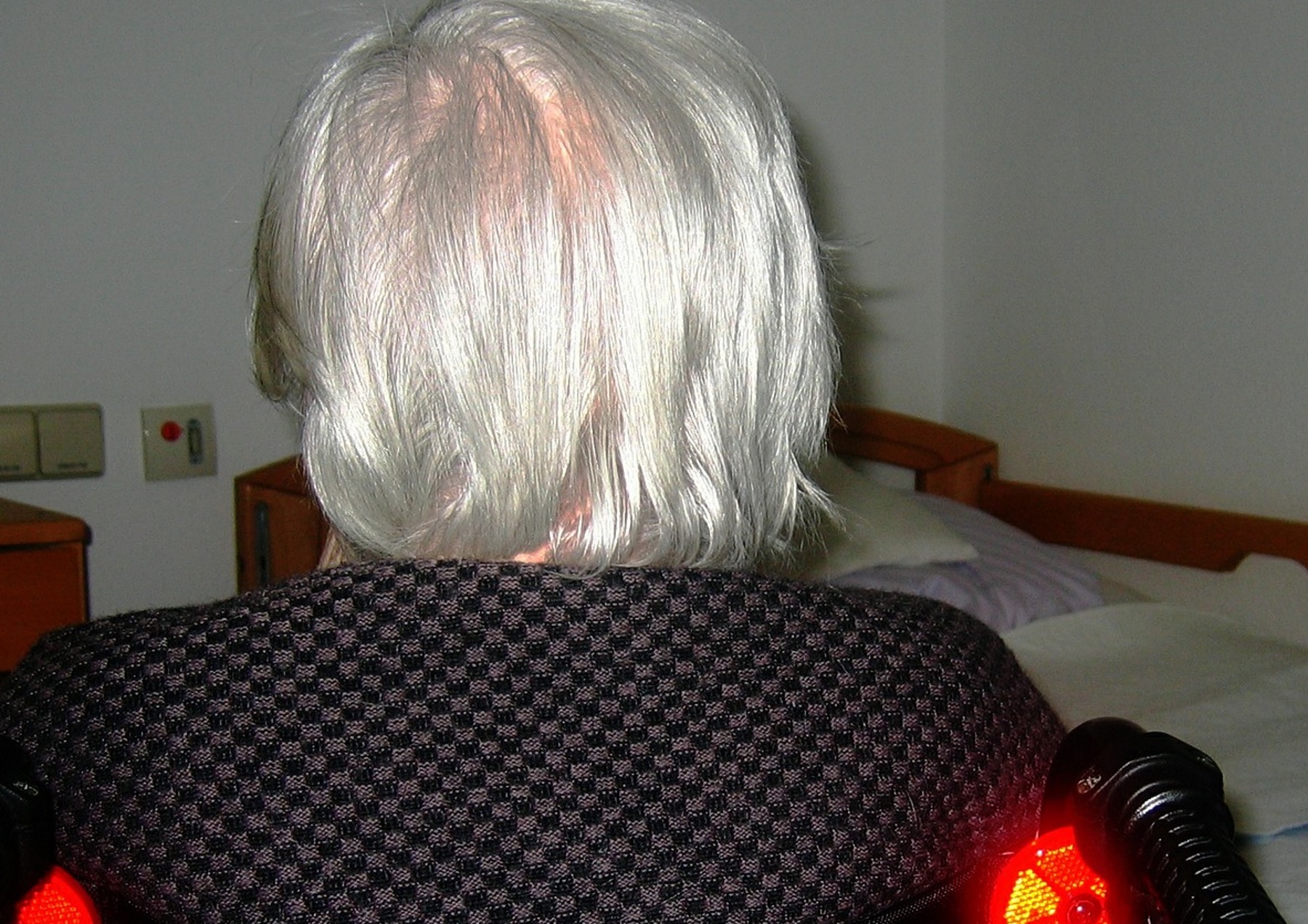The case started with a tip from concerned Dougherty County citizens.
They told authorities that residents of some Albany apartments were approaching people and “begging for food.’’
Those July complaints have culminated in the arrest of three people in what was described Tuesday by Georgia Attorney General Chris Carr as a “horrific elder abuse scheme.’’
The residents of the Albany apartments were deprived “of health care, shelter and necessary sustenance,’’ he said. And the scheme siphoned off the residents’ Social Security benefits as well, he added.
Unlicensed personal care homes have been a problem in the state for years.
Personal care homes are expected to provide food, lodging and some personal care if needed. Residents of these facilities include seniors and people with mental illnesses and disabilities.
Georgia has seen more than 3,000 people charged with elder abuse crimes, perpetrated against the elderly or disabled people, since 2010, GBI Director Vernon Keenan said Tuesday at a news conference in Atlanta.
Last year, 49 individuals were rescued from such “dungeons,’’ he added. Residents, he said, are often neglected, abused and financially exploited.
Last month, Michelle Oliver, Harold Hunt and Cynthia Riley were charged in a 17-count indictment with violations of the Racketeer Influenced and Corrupt Organizations (RICO) Act, along with neglect, exploitation and intimidation of disabled or elderly adults.
Georgia has some of the nation’s strongest laws to protect elderly and disabled adults, the GBI’s Keenan said Tuesday.
The Albany units rented by Oliver have been condemned because of the living conditions, Carr said Tuesday. Seven elderly and/or disabled adults were triaged by Dougherty County EMS and the Georgia Department of Behavioral Health and Developmental Disabilities, and the individuals were relocated to licensed facilities.
Oliver was taken into custody at her residence. Four elderly and/or disabled adults were found to be living at the house and were relocated to licensed facilities.
Authorities said they also found three additional elderly and/or disabled individuals who were victims of Oliver at an apartment in Macon. The three were relocated to proper facilities as well.
Abuse of the elderly and the disabled has become a top priority for law enforcement in Georgia, according to the GBI.
“While this case is horrifying, it’s also gratifying to see the results of new laws and new funding passed in the last five years by the governor and the state Legislature,’’ said Kathy Floyd, executive director of the Georgia Council on Aging. “Law enforcement and state agencies have more tools and training to fight elder abuse.”
Peter Skandalakis, executive director of the Prosecuting Attorneys’ Council of Georgia, said Tuesday that “the tentacles [of these crimes] go not only across county lines, but also state lines.”
Oliver, 39, was arrested Sept. 20 for operating an unlicensed personal care home called Miracle One Care Center.
Hunt was arrested last month at his residence in the Atlanta suburb of Suwanee. As part of the scheme, authorities said, Hunt would help Oliver obtain Social Security benefits for residents of Miracle One. Hunt would then act as residents’ Social Security payee, sending money belonging to the residents to Oliver and keeping funds for himself as well, according to the charges.
Riley, a nurse practitioner, was arrested a week ago in Moncks Corner, S.C.
According to residents, Oliver would transport residents to Riley, who would give them injections of psychotropic medications and various prescriptions, law enforcement officials said. The residents reported they did not receive any other psychological or medical care.
“Abuse, neglect or exploitation of older or at-risk adults will not be tolerated,” said Attorney General Carr. “We will investigate and prosecute anyone engaging in these criminal activities in our state, and we will hold the abusers accountable. I am very proud of our Medicaid Fraud Control Unit and all of the statewide partners who played a part in dismantling this horrific elder abuse scheme — especially the witnesses who cared enough to report this suspicious behavior to their local law enforcement officials.”
The Department of Community Health, which licenses and regulates health care facilities in Georgia, said Tuesday that it has investigated 250 to 300 complaints about alleged unlicensed facilities within the past three years. The agency has substantiated 30 percent of these as unlicensed care homes.
“This has been an ongoing problem in our state,” said Melanie McNeil, the state’s long-term care ombudsman. “Georgia is a leader in the nation for recognizing this problem, developing training and collaborations among law enforcement, prosecutors and state agencies to rescue residents and prosecute the perpetrators.”
Here’s a link to the press conference
Andy Miller is editor and CEO of Georgia Health News






